
Rowhammer memory attack can root Android phones in seconds
Smartphones from LG, Samsung and Motorola are all vulnerable to an attack that makes it possible to gain root access in a matter of seconds. Known as Rowhammer, the attack works using a bit flipping technique that exploits a vulnerability in the design of RAM chips.
Because the attack takes advantage of a physical aspect of design, it is going to be difficult to quickly devise a fix. In the meantime, millions of smartphones are at risk of compromise in what could be as large an issue as the recently-discovered Dirty COW bug -- and there's an app you can use to check if you are at risk.
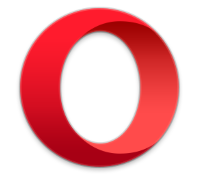
Opera 41 slashes start times, improves newsreader feature
Opera Software has released Opera 41 for Windows, Mac and Linux, making reduced start times its major priority. The headline new feature is accompanied by a number of other performance improvements.
Opera 41 also includes a majorly revamped personalized newsreader, containing a wide list of tweaks and enhancements to give users some extra features to play with on top of the under-the-hood updates.
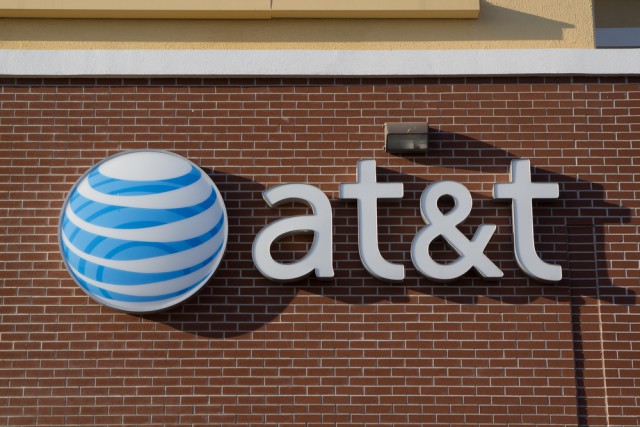
AT&T wants to buy Time Warner for $85 billion
In one of the biggest media acquisitions of all time, AT&T wants to buy Time Warner, in what is an $85 billion deal. This will enable the carrier to expand beyond being a telecommunications company and allow it to offer the media company's wealth of content to its customers, as it is currently the parent company of CNN, TNT, HBO and Warner Bros.
AT&T will pay $107.50 per share of Time Warner's stock, which is a large premium compared to what the stock was trading for the previous week. Overall, the deal is valued at $109 billion, when the media company's debt is taken into account.
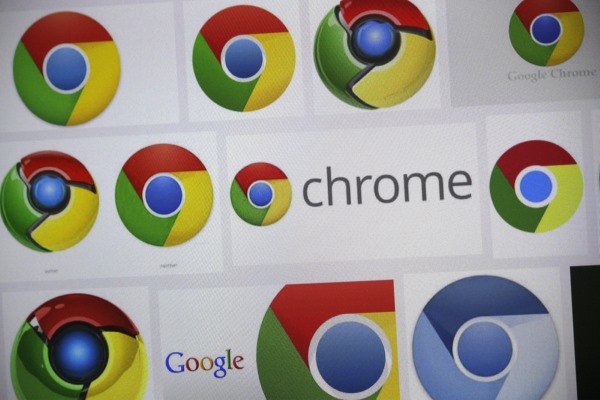
How to disable new tab article suggestions in Chrome 54 for Android
If you've updated Chrome on your Android smartphone to version 54, you may have noticed an annoyance. When you open a new tab, Google has now decided to spam users with "article suggestions". These -- you will be pleased to hear -- can be banished.
There's more than one reason that you might want to get rid of these suggestions, not least of which is that the feature involves Google keeping an eye on the sites you visit to come up with the suggestions. But the feature also replaces the far more useful bookmarks, and this is going to be enough to tip many users over the edge. Here's how to disable article suggestions.

Say, what's going on at Intel Capital Global Summit 2016?
San Diego, Calif. As a general rule I never connect to public WiFi networks, which is fine except when attending an event at a hotel ballroom where T-Mobile cellular is like an apparition dancing around a Halloween grave. So as Wendell Brooks, CEO of Intel Capital, begins his speech, I sit typing narrative offline rather than tweeting live. There’s irony, I suppose, reporting old style, about investments in new innovations.
Welcome to the trials and travails of the Intel Capital Global Summit, which kicks off today and goes through October 26. Looking at the lineup, I expect to hear about newfangled tech that would make news reporting so much easier if available—although 4G cellular data would be good enough for today.

HyperX releases 'ALLOY FPS' Cherry MX Blue mechanical LED backlit gaming keyboard
PC gaming is a big business nowadays, and that extends beyond GPUs and the actual video games themselves. People that enjoy gaming will invest in accessories too, such as mice, headsets, and keyboards.
Today, a beautiful gaming keyboard hits stores. Dubbed "ALLOY FPS", it is the first-ever gaming keyboard from famed gaming accessory-maker HyperX (a Kingston company). Featuring Cherry MX Blue switches and a beautiful design, it is sure to be very popular with hardcore gamers.

Businesses find IoT devices hard to secure
Internet of things (IoT) is expected to make an enormous impact on pretty much every industry in the upcoming months and years, but it seems as organizations don’t really know how to secure their devices. This is according to a new report by ForeScout Technologies, which surveyed 201 senior IT decision makers in the UK, Germany, Austria and Switzerland.
First, the report says the threat surface is going to increase dramatically. An average business will operate 7,000 IoT devices in the next 18 months, which is "far more" than what the average company is used to securing and defending. Second, almost two thirds (65 percent) have "quite", "little", or "no" confidence in identifying and controlling their IoT devices. And third, the biggest challenge seems to be having IT functions working together.

Master & Dynamic MW60 wireless headphones [Review]
For Christmas 2015, I bought myself a new pair of Bluetooth headphones. After trying several sets, I settled on Master & Dynamic MW60, which were a fantastic choice then and are still my top recommendation nearly a year later. The wireless cans replaced my beloved Grado RS1e -- no small feat.
Read no further and buy the M&D cans, if wireless listening is priority -- and should be if using iPhone 7 or 7 Plus, which lack 3.5 mm jack. Authentic audio, spacious soundstage, and full fidelity (without over-punchy bass) make the MW60 the gold standard for Bluetooth cans.
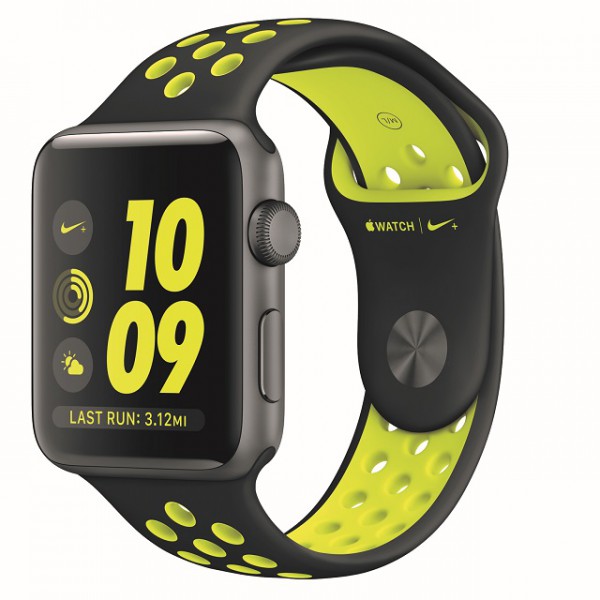
Here's when you can buy Apple Watch Nike+
Nike has long been a major player in all things sports. Its footwear and other apparel can often be found on the world's most popular athletes. True, the company pays those folks big bucks to wear the gear, but that does not detract from the fact that it is also quality stuff. Trust me, a comfortable pair of Nike sneakers is well worth the premium.
Nike and Apple have long been in business together -- even before the iPhone -- with Nike+iPod. The collaboration between these two strong brands makes a lot of sense. This Friday, the Apple Watch Nike+ will finally be available to consumers. Since Apple's wearable is so focused on fitness, this is likely the most cohesive and focused collaboration between the two companies.
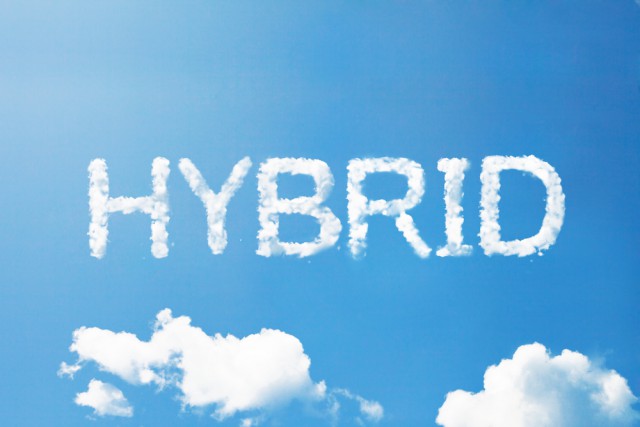
What you need to know about hybrid cloud
In terms of industry buzz and discussion, it is unlikely you’ll find a technological concept that’s more popular at the moment than cloud computing. Since it burst on to the scene a few years ago, cloud computing has proven its utility within a huge range of business and consumer markets.
With the flexibility, productivity and cost advantages being delivered by the cloud, it can truly claim to have had a profound impact on the way that we live our lives. However, although "cloud computing" is often spoken about in relatively generalized terminology, it is far from a homogeneous resource.

Samsung reveals Galaxy Note series will live on -- new flagship will launch in 2017
After the whole Galaxy Note7 fiasco, some folks believed that Samsung would put an end to the Galaxy Note series. The electronics giant has lost a lot of money thanks to a single faulty device, not to mention that the damage this has caused to its reputation will be very hard -- if not impossible -- to repair, so such a decision would make some sense.
However, as it turns out, Samsung is not ready to throw in the towel just yet. The Galaxy Note series will live on, because the company just announced the introduction of the Galaxy S8 and Galaxy Note8 in 2017. What's more, Galaxy Note7 customers will be able to take advantage of a special offer to upgrade to one of its upcoming flagships.
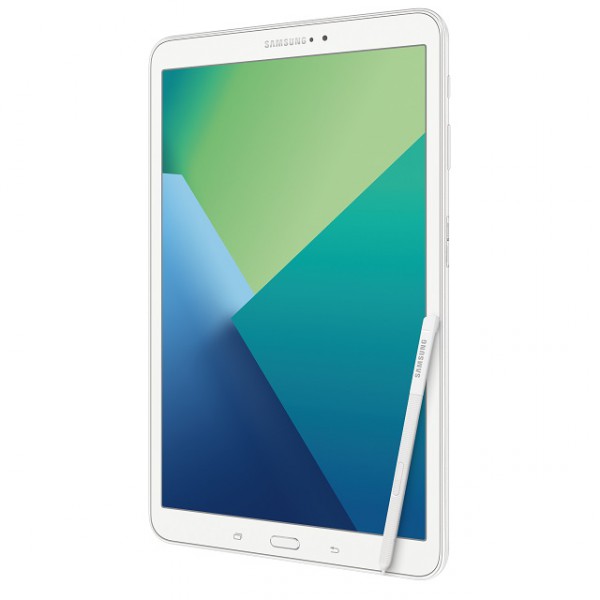
Samsung Galaxy Tab A 10.1" with S Pen Android tablet comes to USA
The tablet market has gotten a bit stale lately. While Apple keeps chugging along with its innovative "Pro" iPad devices, the Android community hasn't seen much in the way of quality offerings. Sadly, many tablets running Google's mobile operating system are low-quality with scant support -- OS updates are often non-existent.
If you do want a quality Android tablet, Samsung is still cranking them out, and today it announces a new such model for the US market. The 'Galaxy Tab A 10.1" with S Pen' -- yeah, that is actually the full name -- will be in stores later this week at a very affordable price.
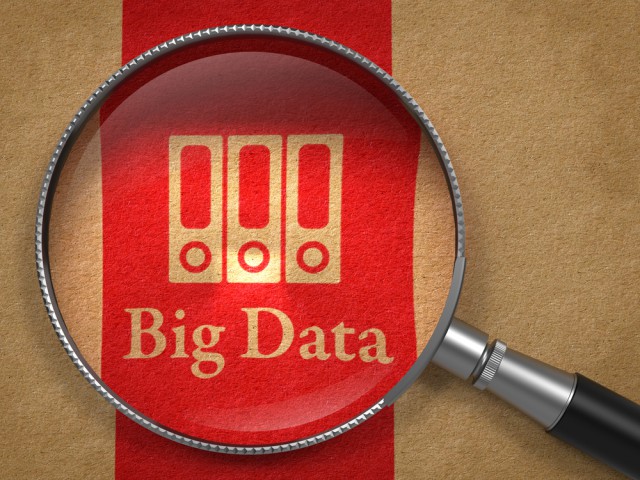
What you need to know about big data
Big data is another technology buzzword that can sometimes be difficult to pin down. Data, of course, has been around for a long time, long before computers invaded our homes, offices and pockets, so what exactly differentiates ordinary data from big data?
Broadly speaking, big data refers to datasets that can no longer be processed through traditional methods of analysis. This means that setting a minimum boundary for what constitutes big data is extremely difficult, as this value would likely change with each technological development. What is clear, however, is that big data is growing rapidly. The rise of digital technologies, particularly smartphones, has meant that the amount of information that we freely share, knowingly or not, is enormous.

Enterprises struggle to manage cloud complexity
Businesses are looking to transform their IT services by moving to the cloud, but a new report reveals that they’re increasingly struggling to manage its complexity.
The study from cloud automation company Embotics and 451 Research surveyed 166 US-based enterprise IT organizations regarding their use of cloud infrastructure and the management and automation of the associated processes.

Stop ransomware infecting your MBR with MBRFilter
Cisco’s Talos Group has released MBRFilter, a Windows disk filter which prevents malware overwriting a drive’s Master Boot Record (MBR).
This can stop some ransomware variants -- Petya, Satana -- from installing and taking full control of your PC. Installation is straightforward. Well, mostly. Download the 32 or 64-bit version as appropriate for your PC, unzip the file, right-click MBRFilter.inf and select Install. Reboot when you’re asked.


